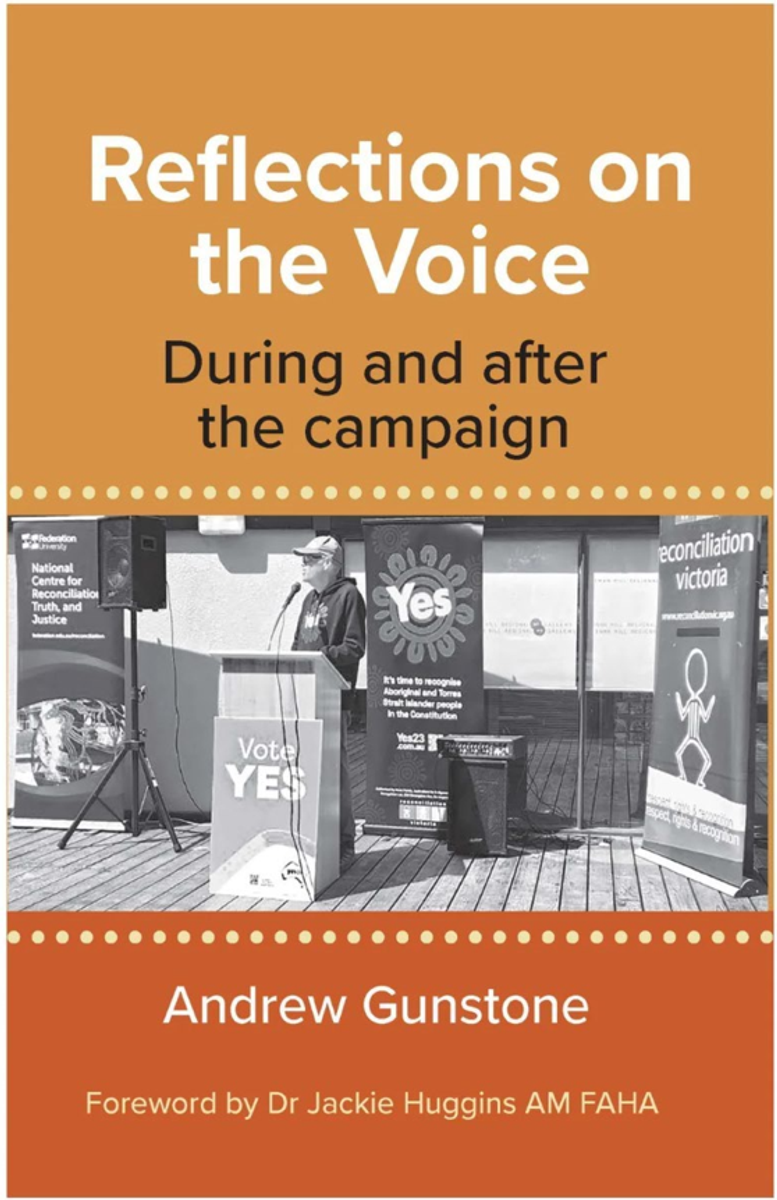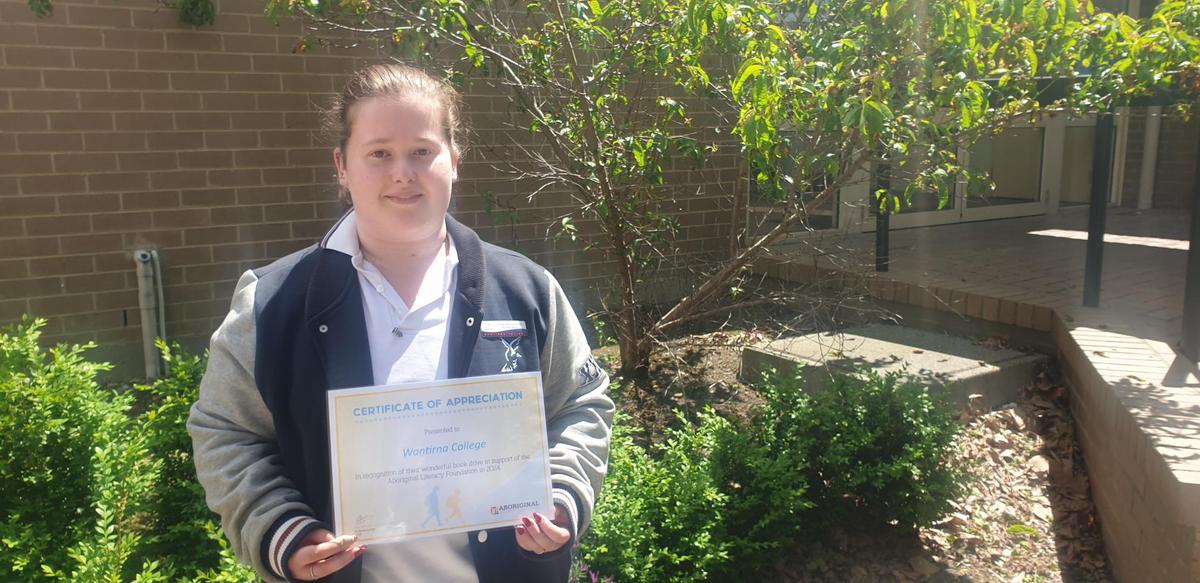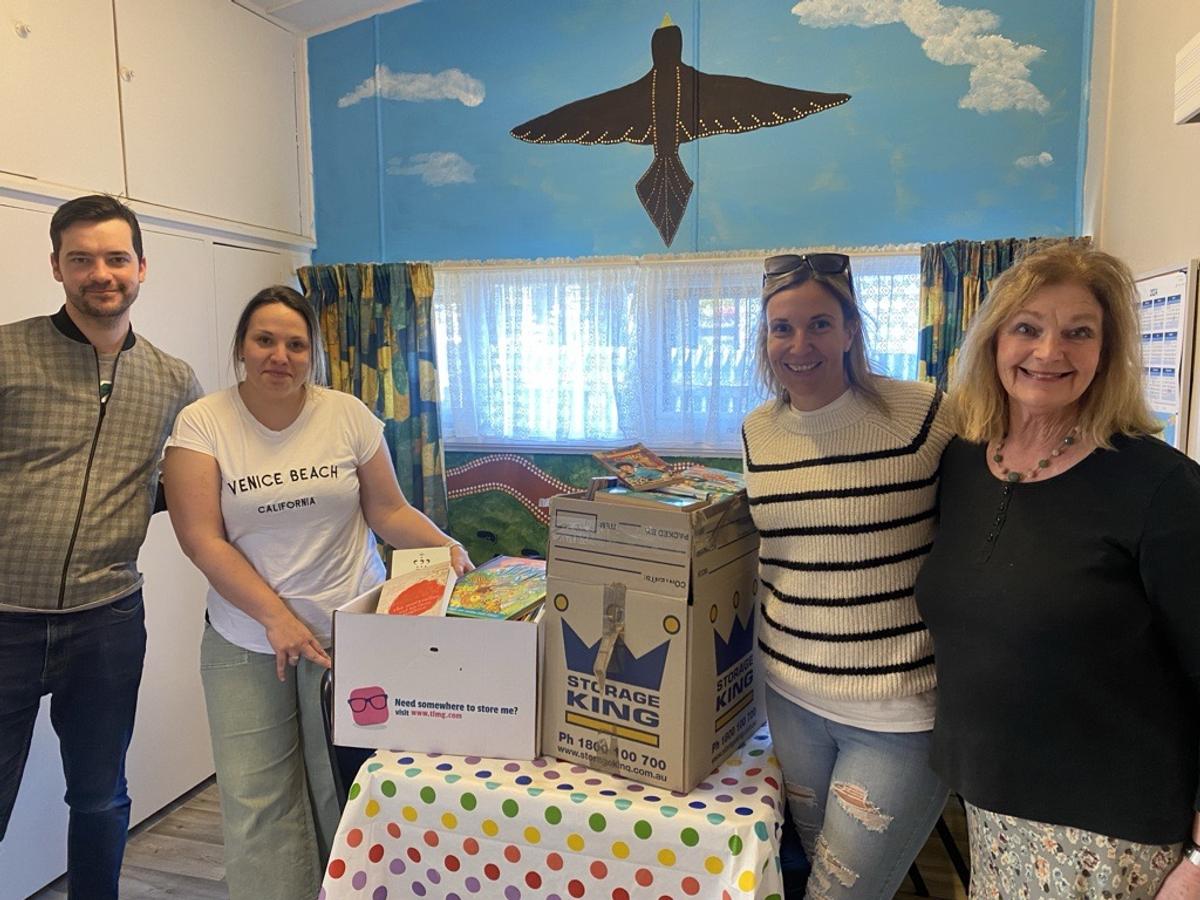Marrung News

Aboriginal and Torres Strait Islander readers are advised that this website may contain images, voices and names of deceased persons.
Voice to Parliament Referendum, a Reflection
Having recently passed the anniversary date of the 2023 Australian Indigenous Voice referendum on 14 October, this is a perfect time for reflection, so we can acknowledge the outcome and consequences of the proposed change to the constitution.
In 2017, Aboriginal and Torres Strait Islander leaders who were selected as delegates to the First Nations National Constitutional Convention first proposed the idea of a Voice to Parliament through their heartfelt “Uluru statement from the heart.” This voice would serve as an advisory committee who would aid the Federal Parliament and executive government on matters which relate to Aboriginal and Torres Strait Islanders.
On May 21, 2022, the Australian Labor Party would win government and the party leader, Anthony Albanese, announced the desire for a referendum which would exalt Indigenous voices following the request made 6 years prior by the First Nations National Constitutional Convention.
On September 11, 2023, the referendum would be triggered, then on October 14, 2023, the majority of Australia voted “No” and opposed of this change to the constitution. Since then, surveys have been conducted and they concluded that the main reasons of why the majority voted “No” was fear of change and scepticism of rights.
If you would like to learn more about the Voice to Parliament and what was actually proposed, click HERE !
The referendum result is done and decided, but what comes next?
“For non-Indigenous people, this moment (referendum result) offers an opportunity for self-reflection and a renewed understanding of what it means to be a genuine ally. The commitment to standing alongside First Nations communities must extend beyond a single vote – ongoing listening, learning, and active support are essential. As one person aptly noted, 'We need our allies now more than ever.'“ – Clothing The Gaps
“For Indigenous people, the referendum result may be marked by profound pain and disappointment. The referendum result has left many feeling more isolated and vulnerable than ever before. Yet, as one person reminded us, 'We are 65,000 years strong.'” – Clothing the Gaps
“The path forward will not be easy, but the commitment remains. Despite everything, no matter what you voted, it is still ’Yes’ – to truth-telling, to standing up for justice, to pushing for treaty, and to holding power to account.” – Clothing The Gaps
Now more than ever is the time to get up, stand up, show up, and show your support for the Aboriginal and Torres Strait Islanders at Wantirna College and across Australia.
Deadly Reads
As discussed, we have recently passed last years referendum date, and what better way to reflect than to read a book about it!
Andrew Gunstone currently lectures in Aboriginal Studies in David Unaipon College of Education and research at the University of South Australia. He is a leading authority on reconciliation and wrote a book to reflect on the referendum during, and after the campaign. His book “Reflection on the Voice: During and after the campaign”, was written for a general audience and explores key areas, such as: performative reconciliation, racism, Indigenous rights, ‘equality’, truth-telling, community engagements, international agreements, such as UNDRIP, allyship, RAPs, and recommitting to Voice, Treaty, and Truth.
Koorie Beats
“Treaty” – Yothu Yindi
Aboriginal Literacy Program
Over the course of Term 3, Wantirna College ran a book drive for the Aboriginal Literacy Foundation’s ‘Books to the North’ program, driven by Inclusion Captain, Shay Kaliwell. Wantirna College families donated over 700 books which were delivered over the holidays by Courtney Moran, Lisa Jones and Kylie Rackham.
This initiative supports more than 150 remote and regional schools in the Northern Territory, Northern Western Australia, and Northern Queensland. This program recognised a need for books at a time when programs were trending towards digital technologies. In remote communities, there are far greater connectivity and power issues that often make digital programs unsustainable.
Thank you all for your support and contributions, and a very special mention to Shay for recognising this incredible organisation and pulling together this fabulous drive. Charlie and the volunteers at the Aboriginal Literacy Foundation were extremely grateful for the generosity of our families at Wantirna!
Courtney Moran
Acting Leader of Wellbeing



